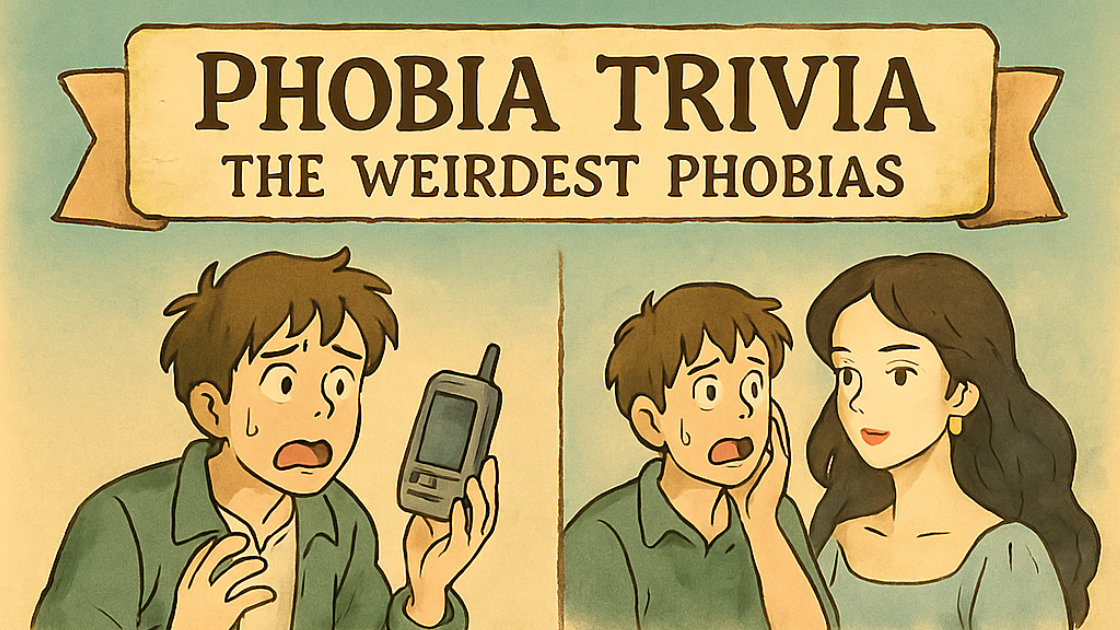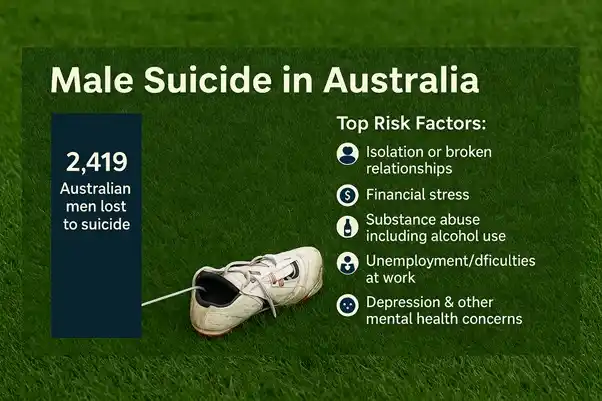Loneliness and COVID-19: How online counselling may be part of the puzzle
The COVID-19 pandemic has transformed life as we know it across many regions of the world in just a few short months. I could not have fathomed how quickly my life and that of everyone impacted by COVID-19 could be upended.
We are all adjusting to new terminology such as “social distancing”, “essential and non-essential services”, “self isolation” and “flattening the curve”. While these are vital public health measures required to curb the rate of COVID-19 spread, the social and economic consequences are enormous.
One of the social consequences that has been highlighted following lock-down processes in Wuhan, Italy, Spain, and other places has been an inescapable sense of loneliness. The process of social distancing has involved limiting gatherings of people in public and our own homes, shutting down of environments that facilitated social encounters (cafes, restaurants, bars) and invoked fear of others. It has also led to the closing of workplaces which for many people is a large component of how they meet their need for social interactions. Older individuals (those over age 60) who are more vulnerable to the severe and life threatening aspects of COVID-19 have been encouraged to self-isolate at home and nursing homes have banned visitors from entering their facilities.
Humans are neurologically wired for social interactions. We evolved to live in packs and groups as a way to enhance survival and ensure continuation of our species. The directive to socially distance is at odds with what we are hard wired to orient towards. Yet this is exactly what we are being asked to override during these strange and unprecedented times.
What can I do to manage feelings of loneliness
Firstly it is important to notice that this is how you are feeling and that it is valid and makes sense in the current context. If you are a person who relishes weekly coffee catch ups, hosting dinner parties, hanging out with big groups of friends or seeing extended family regularly this has the potential to be a very difficult and disorienting time. It is ok to feel lonely.
It can be helpful to re-phrase the term “social distancing” to “physical distancing”. To protect those vulnerable members of the community, we need to keep our physical distance from each other. But it does not mean we need to be socially or emotionally distant. In fact this pandemic calls for the ongoing building and preservation of social bonds as we navigate the coming weeks and months. Remind yourself that physically you can’t socialise or hang out with family the same way as you could before but you can remain connected.
Embrace technology for it will be your friend and social lifeline for the next little while. Organise group video catch ups on Facetime or Zoom. Call your buddies on the phone. Set up a WhatsApp group to share messages of support and goof around on. For those with elderly parents and grandparents who are isolating and not confident using more modern technology, connections can be maintained through regular phone contact, writing letters and cards and sending surprise packages and gifts.
I’m doing all these things and I still feel lonely. What now?
Not all experiences of loneliness will be ameliorated using the above strategies. For those who have been struggling to build friendships or meet a suitable partner, the social distancing measures may limit your ability to build these relationships. You might also find yourself feeling distressed and that nothing you try helps with your feeling of loneliness. If this is happening to you, please consider making an appointment with one of our clinicians for online counselling. The services are confidential and continue to concur with ethical standards established by various organisations including PACFA, the AASW and the APS.
COVID-19 and cabin fever
COVID-19 has led to a massive overhaul in how we live our lives. Across Australia at the moment, most schools are either closed for school holidays or on a hiatus to try and prevent a rapid escalation of COVID-19 in our community to avoid the tragic images that have emerged from Asia, Europe and the USA over the past few weeks and months. Along with school being out, many workplaces have either shut down completely or are redesigning the way they operate so their staff can work from home. As such, you might find yourself spending a lot more time with your housemates, partner or children than you (and them) are used to. Without the routine breaks in contact with those we live with due to work, school or other commitments, our ability to stay patient can wear thin very rapidly. It can be especially trying when these relationships were already under strain even with the structure of daily life and accompanying times apart.
How to manage cabin fever
We have all been in a situation where someone close to us is causing frequent irritation. It might be screeching or squabbling children, housemates who have different standards of cleanliness for common areas, a partner who leaves their belongings in a mess or someone being overly critical of our preferences and styles. When we are living in close proximity to these triggers with little opportunity for respite, frustrations rise, sometimes without one being aware of why. When these resentments are not directly addressed they can build up and lead to an explosion causing tears, conflict and emotional distancing.
If tempers are running high in your home at the moment, it can be helpful to try the following before considering online counselling.
Pause now
Stop and take a breath, then another and another. Once you are feeling calm, spend some time thinking about what is going on. Who is saying what? Who is doing what? What is the impact of this on you? Can you speak to the person about it calmly?
Call a meeting
We are traversing unprecedented times. As we begin to spend much more time with those we live with, it is important that you work together as a team to get through the next few months as best you can. Schedule a meeting to discuss how you can structure your daily life and routine (accounting for child care or entertainment, work responsibilities and household chores) to try and take account for everybody’s needs, differences and abilities. We can’t expect small kids to understand that screeching while mum or dad are on a work call is disruptive. We can expect our partner or housemate to not disturb us when we are doing critical work and we can expect them to contribute to the functioning and running of the household. The golden rule is don’t expect and don’t assume – ask people what they need, ask them what they think, ask them what works for them. If you are uncertain about how to communicate effectively and listen well, make an appointment with us for online counselling. We can help you with that.
Ease off a little bit
Being at home with the same people for months on end and limited options to get out of the house will be a huge test. Consider relaxing some of your standards – if your partner leaves their socks on the floor, a gentle and friendly reminder will work better than berating them. If you forget to water the plants or pick something up at the supermarket, let it go. If your kids are watching more TV, iPad or screens at the moment, don’t beat yourself up.
Have time for yourself
It can be vital to carve out time for solitude and connecting with those who don’t live with you. With the limits on reasons we can leave our home rapidly dwindling, it can be more challenging to figure out how to get our own space. It may be getting up a little earlier before the rest of the house and enjoying a mindful cup of tea or coffee or a short yoga or pilates session helps. It could be that while you cook dinner, your partner takes the children out for a walk or bike ride (and then you trade the next day). Alternatively taking the time to have a shower or bubble bath alone can help you unwind as can a brisk walk or bike ride – this is a great opportunity to chat with a friend on the phone or listen to some music to help you feel recharged.
If you are living in a house where there is frequent conflict, disharmony or chaos and it’s getting to you, online counselling is a service to consider. The clinicians at Bayside Psychotherapy are experienced and all are now offering online counselling services in light of the COVID 19 pandemic. In fact, our online counselling services predated the corona virus pandemic. We are ensuring that our sessions continue to maintain your privacy and adhere to the ethical standards set out by organisations such as PACFA, the AASW and the APS.
Here are a couple of blogs written on this topic you might find useful:
What Are Australians Most Afraid Of? N...
From snakes and spiders to needles and ghosts, fear takes many forms. But what do Australians fear most in 2025? At Bayside Psychotherapy, our expert.
Is It Time For The AFL To Cast A Menta...
At Bayside Psychotherapy we are passionate about mental health and like many fellow Melburnians, many on our team are avid AFL fans. So when two of our .
Exploring Emerging Therapies: Understa...
At Mind Medicine Australia, we are dedicated to transforming the trea.












